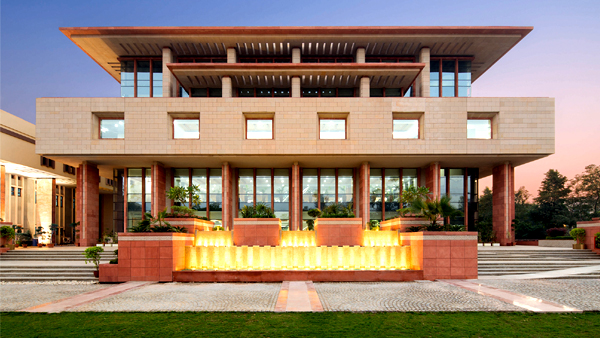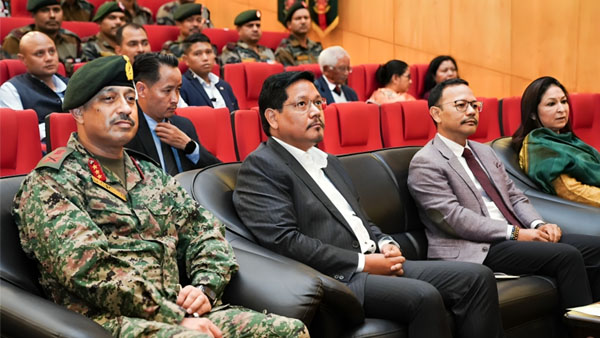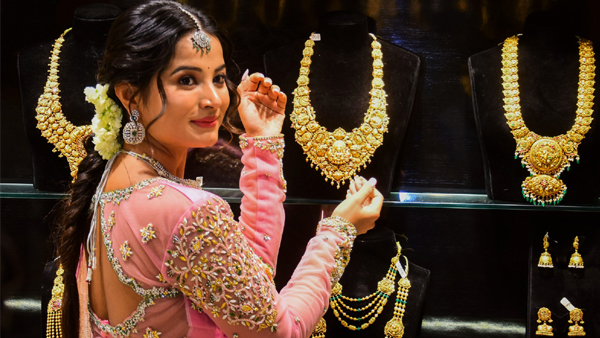New Delhi, Aug 14 : The Delhi High Court has called the right of two consenting adults to choose each other as life partners and live together “a facet of their personal liberty and privacy” being immune to the family’s disapproval.
“The Supreme court has repeatedly affirmed this position and directed the police to safeguard such couples from intimidation or harm,” Justice Sanjeev Narula said on August 5.
The court, as a result, directed the police to provide protection to a young couple, who married against the wishes of their families and were now being threatened.
“The right of two consenting adults to choose each other as life partners and to live together in peace is a facet of their personal liberty, privacy, and dignity protected under Article 21. Family disapproval cannot curtail that autonomy,” the order highlighted.
The couple sought the court’s intervention to ensure their safety in living together, claiming threats, coercion and interference being extended by the family members. The court was urged to direct the woman’s family not to harm them or interfere in their peaceful cohabitation.
The plea said the woman’s family was against their relationship and allegedly issued repeated threats of physical harm.
It said due to the hostility and fearing for her safety, the woman left her parental home on July 18 after informing her mother about her intention to marry the man.
The couple married in a temple on July 23 on their own free will and has been living together happily, it added.

The high court then directed the station house office of the police station concerned to designate an official and sensitise him or her of the court order and provide immediate assistance to the couple in case of any complaint or threat.
“The directions issued herein, particularly those concerning police protection, are purely preventive in nature, aimed at ensuring the petitioners’ safety and safeguarding their right to life and liberty. They shall not be construed as an expression of opinion on the truthfulness of the petitioners’ claims, nor as any endorsement,” it said. (PTI)




